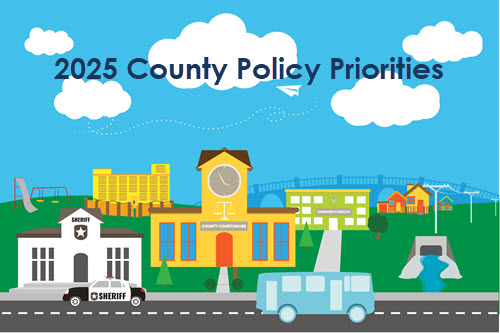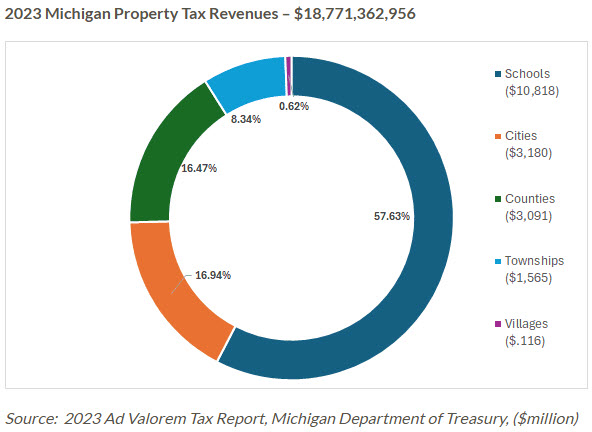Creating a dedicated Revenue Sharing Trust Fund that reflects a true sharing of money between the state and local governments tops the list of legislative priorities for MAC’s 83 members […]


Creating a dedicated Revenue Sharing Trust Fund that reflects a true sharing of money between the state and local governments tops the list of legislative priorities for MAC’s 83 members […]

Revenue sharing tops county priorities in Lansing in ’25 Creating a dedicated Revenue Sharing Trust Fund that reflects a true sharing of money between the state and local governments tops […]

Michigan House passes minimum wage, sick time bills Bills amending the state’s minimum wage and Earned Sick Time Act cleared the House this week with bipartisan support. House Bills 4001 […]

This year would be a great time for Michigan to tackle reform of local government finance, says the nonpartisan Citizens Research Council of Michigan in a new study. The report, […]
House committee advances key bills on minimum wage and Earned Sick Time Act Two bills to revise the state’s minimum wage and Earned Sick Time Act (ESTA) advanced out of […]
LANSING, MICH. – Michigan’s county government leaders commend Gov. Gretchen Whitmer’s emphasis today on investing in local public assets and services in her “Road Ahead” address at the Detroit Auto […]
County commissioners are encouraged to apply now for MAC’s five standing committees for 2025. Applications are due by Jan. 31, 2025. To apply, please email a completed application form to […]
MAC accepting applications for internal policy committees County commissioners are encouraged to apply now for MAC’s five standing committees for 2025. Applications are due by Jan. 31, 2025. To apply, […]
Michigan Counties magazine now on way to you The print version of the December 2024 Michigan Counties should start arriving in mailboxes this weekend. The magazine features a roundup of […]